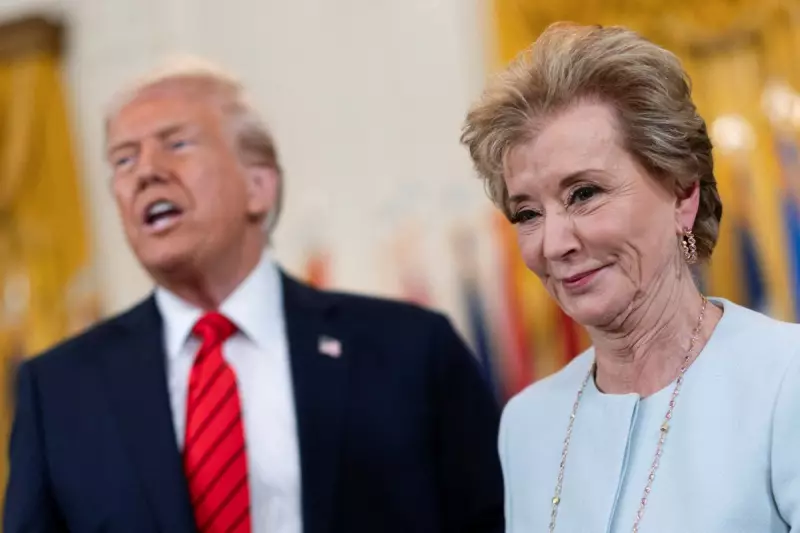
Former US President Donald Trump has ignited controversy with his latest education policy suggestion, proposing a significant name change for the Department of Education that has drawn immediate criticism from disability advocates and political opponents alike.
What Trump Proposed
During recent public remarks, the Republican presidential candidate revealed he's considering rebranding the federal education agency as the 'Department of Education and Special Needs.' The unexpected proposal has raised eyebrows across the political spectrum and within the education community.
Immediate Backlash from Disability Community
Disability rights organisations have been quick to condemn the suggested terminology. Advocacy groups argue that the phrase 'special needs' is outdated and potentially offensive, with many preferring identity-first language or the term 'disabled.'
Leading disability rights activist Rebecca Cokley expressed strong opposition, stating: 'This proposal demonstrates a fundamental misunderstanding of both education policy and respectful language regarding disability. The term 'special needs' has been widely rejected by the very community it purports to describe.'
Education Experts Weigh In
Education professionals have questioned the practical implications of such a name change. Many point out that the Department of Education already oversees programs for students with disabilities through the Individuals with Disabilities Education Act (IDEA).
Dr. Sarah Jenkins, an education policy analyst, commented: 'This seems like a solution in search of a problem. The department already has robust mechanisms for supporting disabled students. A name change would create confusion without addressing any actual educational challenges.'
Political Reactions
The proposal has drawn sharp criticism from Democratic leaders, with several characterizing it as performative rather than substantive. Some have suggested it's an attempt to appeal to certain voter demographics without committing to meaningful policy changes.
White House Press Secretary Karine Jean-Pierre responded to the suggestion by emphasizing the Biden administration's commitment to 'actual, substantive support for students with disabilities rather than symbolic gestures.'
Historical Context
This isn't the first time Trump has suggested overhauling federal education infrastructure. During his previous administration, he repeatedly proposed significant budget cuts to the Department of Education and expressed interest in reducing the federal government's role in education policy.
The latest proposal comes as Trump positions himself for the 2024 presidential election, with education policy emerging as a potential battleground issue.
What's Next for the Proposal
While the name change remains merely a suggestion at this stage, it has succeeded in drawing attention to Trump's education platform. However, most political analysts consider the likelihood of such a rebranding occurring as slim, even if Trump were to return to the White House.
The controversy highlights ongoing debates about inclusive language, federal education policy, and the political calculations behind campaign promises.





